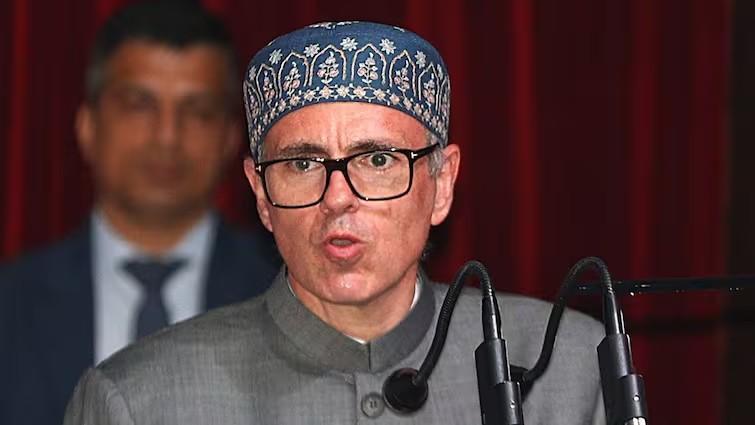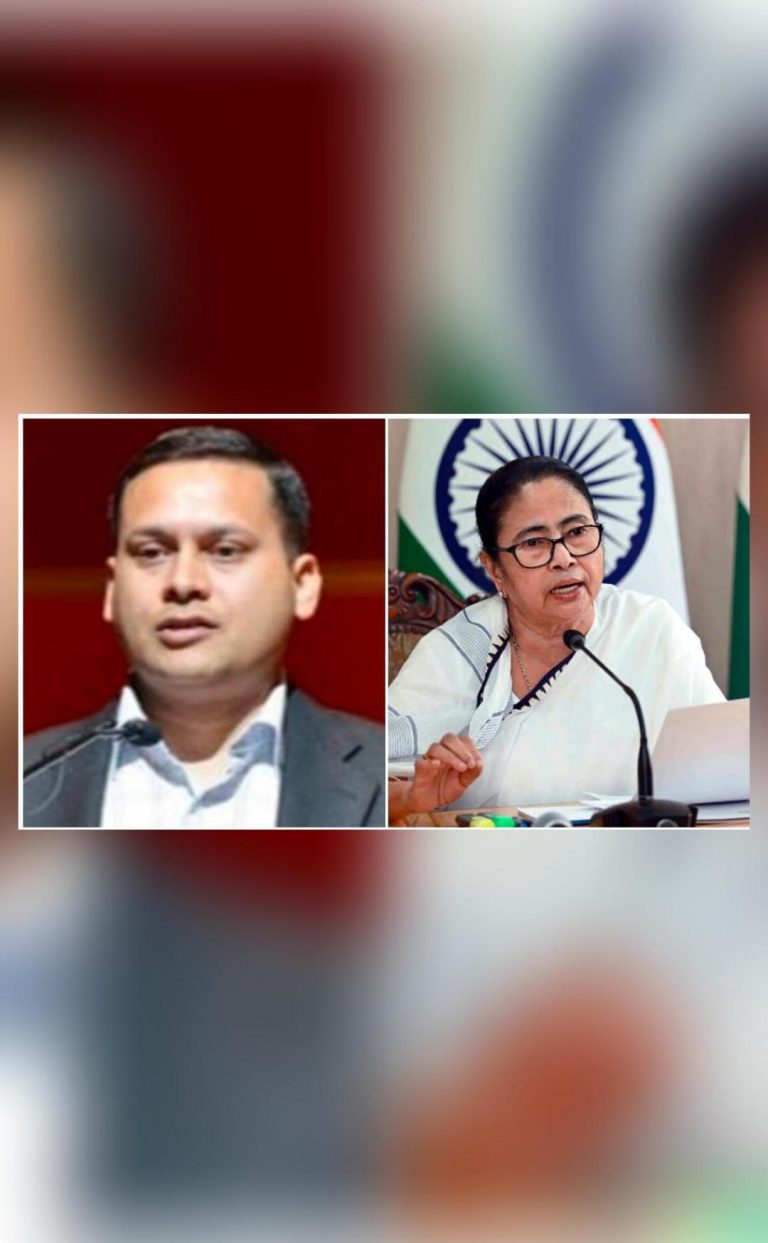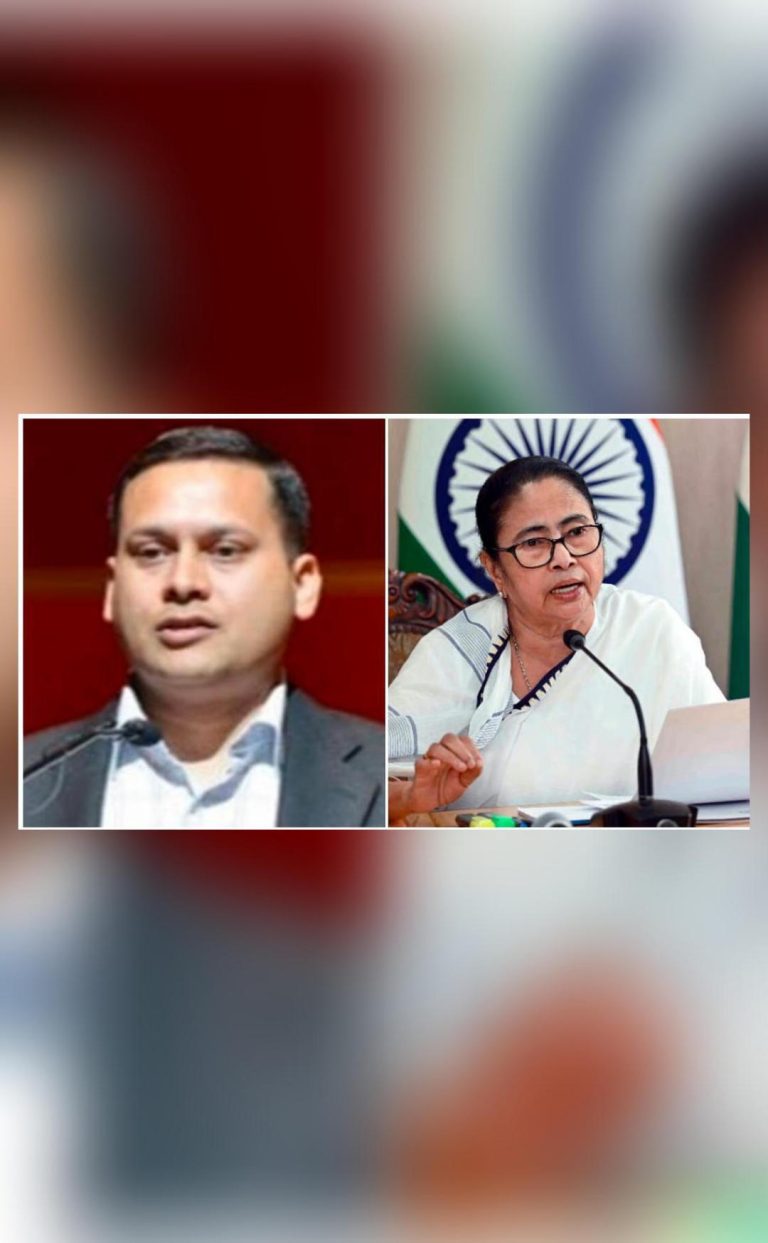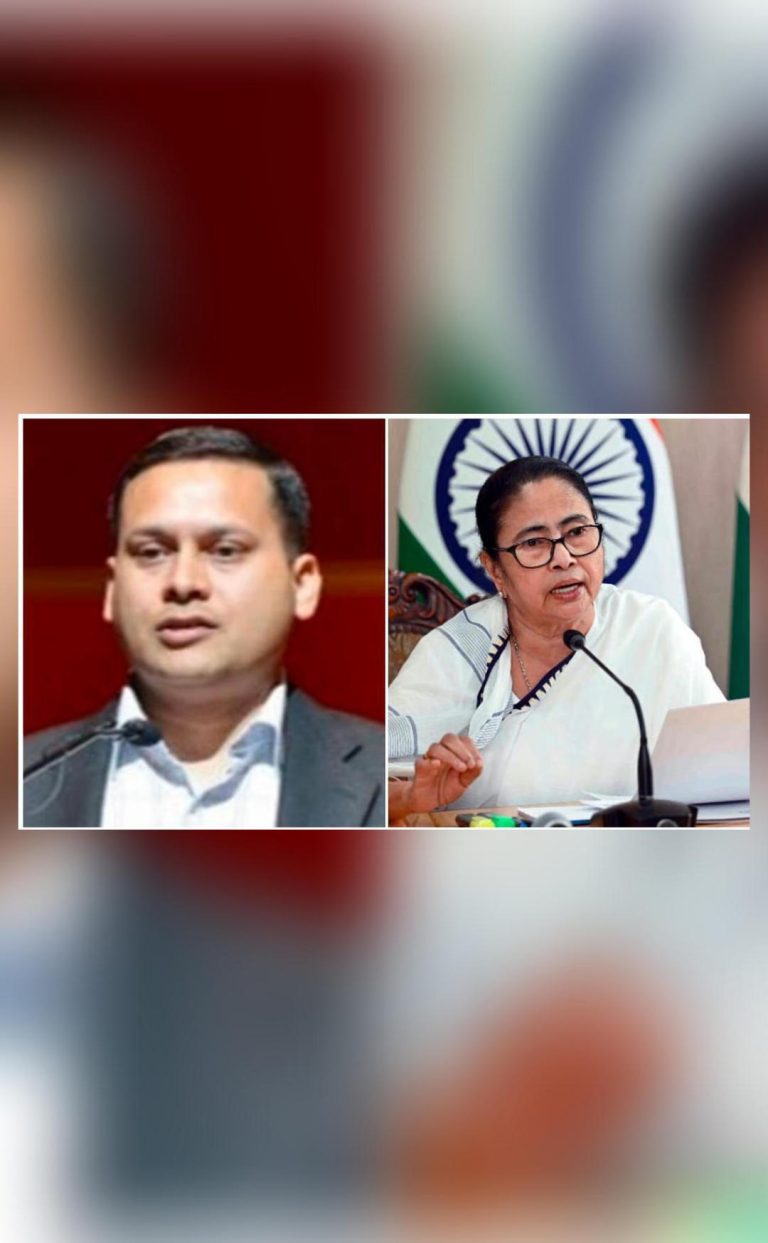
Normalcy in J&K Post Art 370 Abrogation is Forced, Not Organic: CM
The abrogation of Article 370 in August 2019 was a significant move by the Government of India, aimed at integrating Jammu and Kashmir into the Indian Union. The decision, however, was met with widespread protests and opposition from various quarters, including the political leadership of the erstwhile state. Recently, Jammu and Kashmir’s Chief Minister Omar Abdullah made a stark observation regarding the normalcy that has been restored in the Union Territory (UT) following the abrogation of Article 370. According to Abdullah, the normalcy is “forced” and not organic, as claimed by the Centre.
In an interview, Abdullah expressed his reservations about the current situation in Jammu and Kashmir, stating that if the normalcy was truly organic, then nothing similar had been witnessed before. However, he also acknowledged that if the development was driven by fear, then there was a problem. While Abdullah refused to explicitly state whether he believed the situation was driven by fear, he did hint that people might not be convinced that the normalcy was organic.
Abdullah’s comments come as a surprise, given the Centre’s repeated assertions that the move to abrogate Article 370 had led to a significant improvement in the situation in Jammu and Kashmir. The Union Government has also pointed to the restoration of mobile and internet services, the reopening of schools and colleges, and the resumption of economic activities as evidence of the success of its decision.
However, Abdullah’s observations suggest that the reality on the ground might be different from the narrative presented by the Centre. The former Chief Minister’s comments also highlight the concerns of many who have been critical of the Government’s handling of the situation in Jammu and Kashmir.
One of the primary concerns is the large number of people who remain under detention, including political leaders and activists. The Centre has defended its decision to detain these individuals, citing the need to maintain law and order and prevent any attempts to disrupt the normalcy that has been restored.
Another concern is the widespread restrictions that remain in place, including the ban on public gatherings and the restrictions on the movement of people. While these measures have been implemented to prevent any unrest, they have also had a significant impact on the daily lives of people in Jammu and Kashmir.
Abdullah’s comments also raise questions about the extent to which the normalcy in Jammu and Kashmir is truly sustainable. The former Chief Minister’s observations suggest that the situation is fragile and that any attempt to undermine the normalcy could have serious consequences.
In conclusion, Omar Abdullah’s comments about the normalcy in Jammu and Kashmir post Art 370 abrogation highlight the complexities of the situation in the Union Territory. While the Centre has claimed that the move has led to a significant improvement in the situation, Abdullah’s observations suggest that the reality on the ground might be different. The forced normalcy, as Abdullah has referred to it, is unlikely to be sustainable in the long term, and the Centre will need to address the concerns of the people of Jammu and Kashmir to ensure that the situation remains peaceful and stable.





